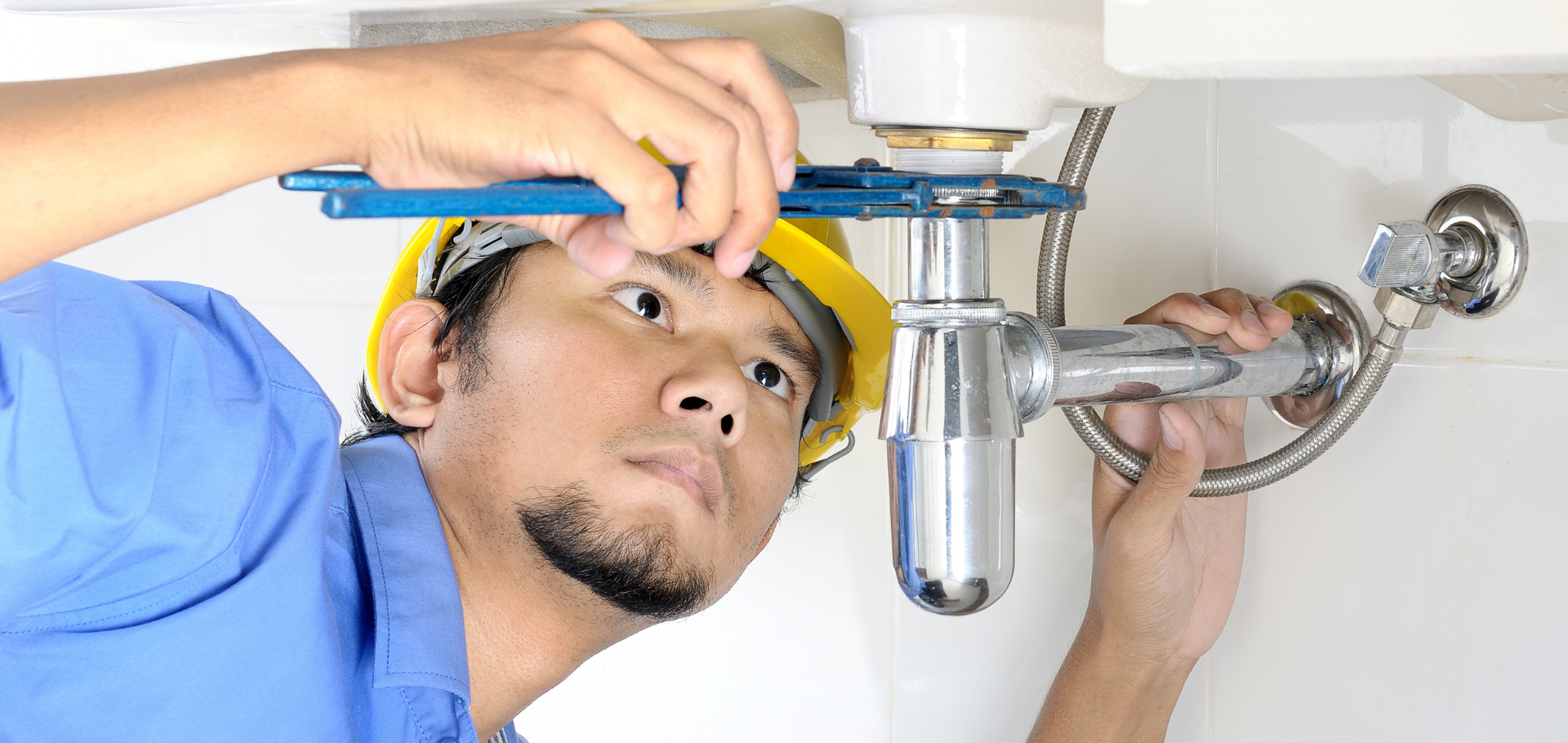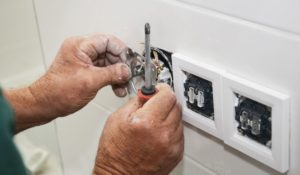Plumbing services play a crucial role in our daily lives, ensuring the smooth functioning of our water and sanitation systems. However, when it comes to taxes, many individuals and plumbing service providers are unsure whether these services are taxable. In this article, we will explore the intricacies of taxation on services and delve into the question of whether plumbing services are subject to taxation.
Understanding Taxation
Before we dive into the specifics of plumbing service taxation, it’s essential to grasp the concept of taxation itself. Taxation is the process by which governments collect funds from individuals and businesses to finance public services and infrastructure. There are various types of taxes, including income tax, property tax, sales tax, and service tax. In the context of plumbing services, the focus lies primarily on service tax.
Taxation on Services
Service tax is a form of indirect tax imposed on certain services provided by businesses. While sales tax is levied on the sale of goods, service tax applies to the value-added by service providers. It is important to note that service tax regulations may vary from one country to another. In some jurisdictions, service tax may be referred to by different names, such as value-added tax (VAT) or goods and services tax (GST).
Are Plumbing Services Taxable?
To determine whether plumbing services are taxable, we need to examine the classification of plumbing services and the relevant tax regulations. Plumbing services can encompass a wide range of activities, including installation, repair, maintenance, and inspection of plumbing systems. The taxability of these services may depend on factors such as the nature of the service, the jurisdiction, and any exemptions or exceptions granted by the tax authorities.
Categorizing Plumbing Services
Plumbing services can be broadly categorized into two types: residential and commercial. Residential plumbing services typically involve work done on individual homes or apartments, while commercial plumbing services cover larger-scale projects in commercial buildings, offices, and public facilities. The taxability of these services may differ based on their classification.
Determining Taxability Based on Service Type
In many jurisdictions, residential plumbing services provided to individual homeowners are generally exempt from service tax. This exemption recognizes the essential nature of residential plumbing services and aims to alleviate the tax burden on homeowners. However, commercial plumbing services may be subject to service tax, as they are often considered non-essential or business-related.
Examples of Taxable and Non-Taxable Plumbing Services
To provide clarity on the taxability of plumbing services, let’s explore some examples. Repairs and maintenance of residential plumbing systems, such as fixing leaks, unclogging drains, or replacing faucets, are typically exempt from service tax. On the other hand, installation or repair services for commercial plumbing systems, such as those in office buildings or shopping centers, may be subject to service tax.
State-Specific Regulations
It is crucial to note that tax regulations can vary significantly from state to state within a country. While some states may exempt all plumbing services from service tax, others may impose tax on both residential and commercial plumbing services. It is essential for plumbing service providers to familiarize themselves with the specific tax regulations in the states where they operate to ensure compliance.
Factors Influencing Taxability
Several factors can influence the taxability of plumbing services. State regulations and guidelines play a significant role, as different jurisdictions may have distinct approaches to service taxation. The nature of the plumbing services provided is also a crucial factor. Some services may be considered essential for health and safety, leading to exemptions, while others may be categorized as non-essential and subject to taxation. Additionally, legal and regulatory requirements can impact the taxability of plumbing services.
Potential Implications
The tax implications of plumbing services have several implications for both service providers and consumers. For plumbing service providers, understanding and complying with tax obligations are essential to avoid penalties and legal issues. The inclusion of service tax in pricing and cost calculations may impact the overall expenses for consumers seeking plumbing services. Therefore, it is vital for both parties to be aware of the tax implications and factor them into their financial considerations.
Expert Opinions and Case Studies
To gain further insights into the taxability of plumbing services, it is beneficial to consider expert opinions and real-world case studies. Tax experts can provide guidance on navigating the complex landscape of service taxation and offer advice on compliance and reporting requirements. Examining case studies can shed light on the practical application of tax regulations and their impact on plumbing service providers.
Compliance and Reporting Requirements
For plumbing service providers, it is crucial to understand the compliance and reporting requirements associated with service taxation. This includes registering for tax purposes, maintaining accurate records of transactions, and submitting regular tax returns. Failure to comply with these requirements can result in penalties and legal consequences.
Conclusion
The taxability of plumbing services depends on various factors, including the nature of the service, state regulations, and exemptions granted by tax authorities. While residential plumbing services are generally exempt from service tax, commercial plumbing services may be subject to taxation. It is essential for plumbing service providers to familiarize themselves with the specific tax regulations in their jurisdictions and fulfill their compliance and reporting obligations. By understanding the tax implications, both service providers and consumers can navigate the financial landscape associated with plumbing services more effectively.





